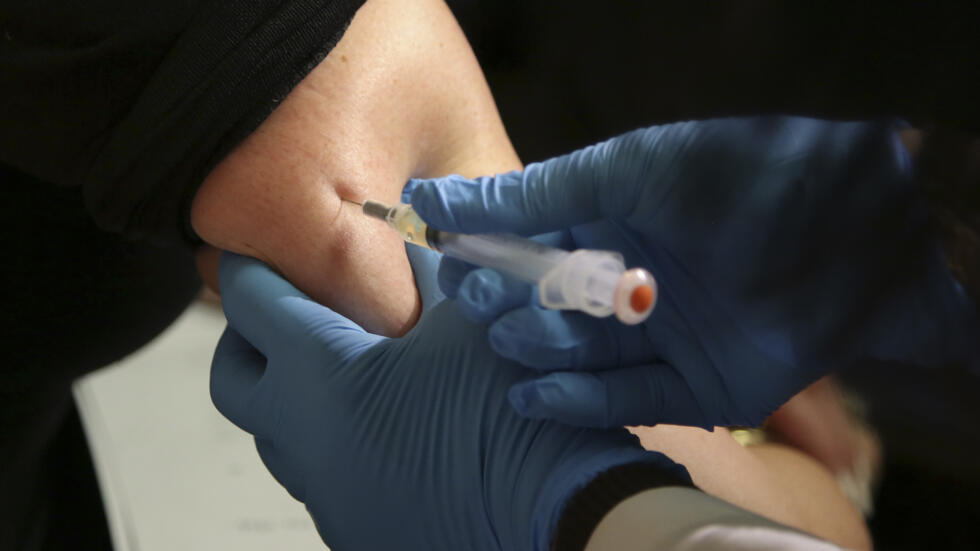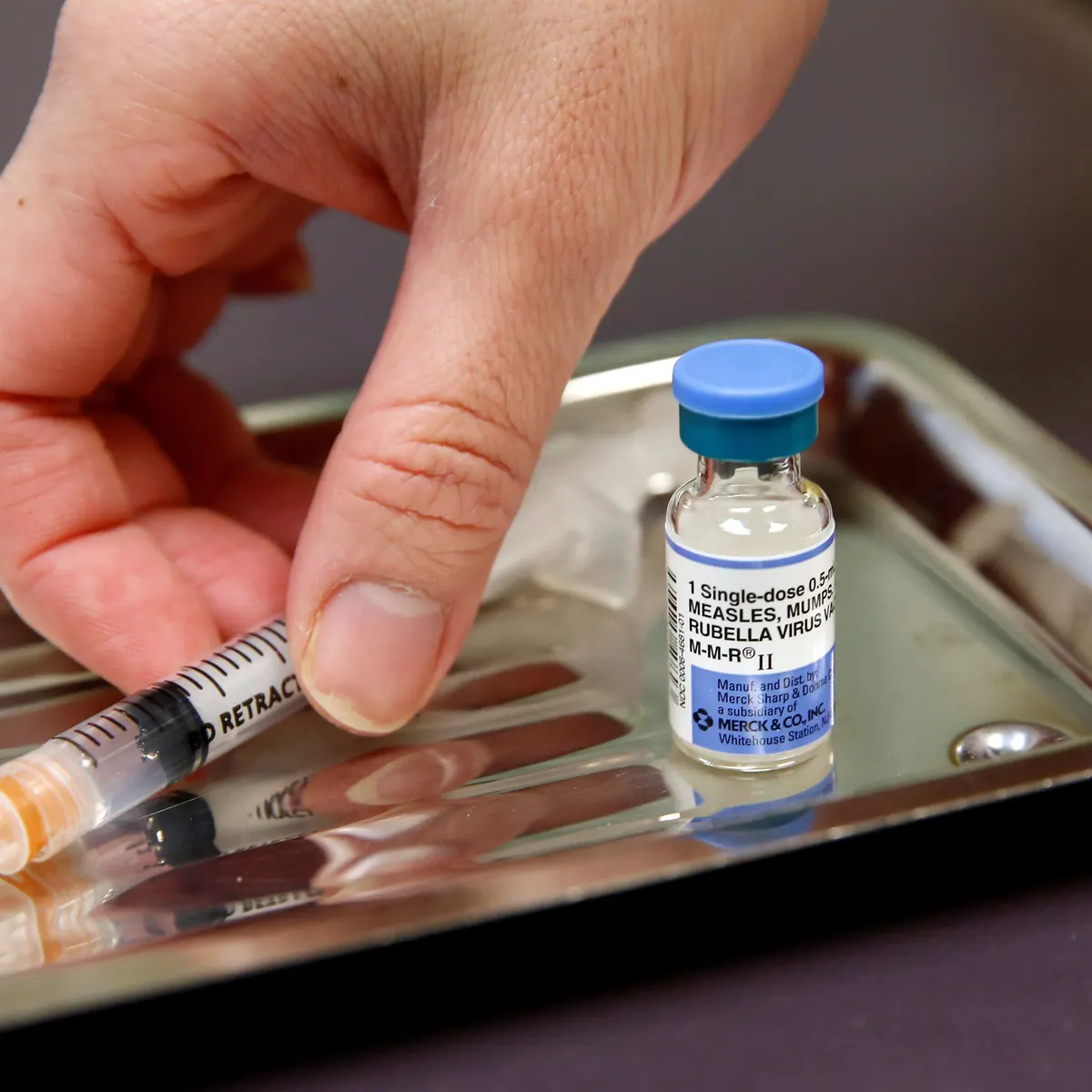Measles, a preventable disease through vaccination, is experiencing a resurgence in Europe, including the United Kingdom, with small outbreaks also emerging in various parts of the United States.
In Europe, reported measles cases surged more than 40 times last year compared to 2022, according to the World Health Organization’s Tuesday announcement.
Kazakhstan alone accounted for nearly a third of these cases, largely attributed to children missing routine immunizations.
Although Kazakhstan spans both Europe and Asia, it is classified within the WHO’s “European Region,” prompting concerns that the outbreak could extend beyond its borders.
In the United States, most measles cases have been linked to travel abroad. Despite the pandemic’s disruptions, the number of reported cases last year remained lower than in most pre-pandemic years.
Measles can have devastating consequences, as noted by Dr. David Sugerman, who heads the measles team at the Centers for Disease Control and Prevention (CDC).
While some cases may be mild, up to half of infected children require medical attention, often due to complications such as diarrhea, dehydration, pneumonia leading to long-term respiratory issues, and brain inflammation causing neurological problems.
For every 1,000 cases in children, one may suffer hearing loss or intellectual disability, and one to three may die. Global measles-related deaths rose by 43 percent between 2021 and 2022, underscoring the severity of the disease.
Vaccination is highly effective in preventing measles outbreaks. Dr. Sugerman emphasized the virus’s high contagion, where up to 90 percent of close contacts of an infected person may contract measles if they are not immunized.
The disease manifests with respiratory symptoms, fever, conjunctivitis, and a rash that resembles other viral infections.

In the United States, children typically receive two doses of the measles vaccine, first between 12 to 15 months and again between 4 to 6 years old.
Even a single dose provides 93 percent protection against measles, according to the CDC. Dr. Sugerman recommended early immunization for infants traveling or facing potential exposure, starting from 6 to 11 months old, with a reconsideration for those younger than 6 months.
The COVID-19 pandemic and growing vaccine hesitancy have hindered immunization efforts. False claims linking the measles, mumps, and rubella (MMR) vaccine to autism in the 1990s caused a drop in vaccination rates initially recovered by public health campaigns.
However, rates declined again during the pandemic, especially in low-income countries, leaving populations vulnerable to measles and potentially other preventable diseases.
Dr. Saad Omer from U.T. Southwestern’s O’Donnell School of Public Health warned that measles outbreaks often signal broader vulnerabilities in vaccine coverage.
Despite the seeming modesty of recent measles case numbers in certain regions, such as the UK and Europe, they indicate a critical need for intensified vaccination campaigns.
Maintaining vaccination rates above 95 percent is crucial to control measles. In Europe, the percentage of people receiving the first dose dropped from 96 percent in 2019 to 93 percent in 2022.
Dr. Natasha Crowcroft, senior adviser on measles and rubella at the WHO, highlighted that over 1.8 million infants missed their measles vaccinations between 2020 and 2022, contributing to the resurgence of cases.
Dr. Crowcroft lamented the predictive rise in measles cases across Europe, emphasizing the urgency of proactive public health responses to prevent further spread.
“There are times when there’s absolutely no pleasure in being right, and this is one of those,” she concluded.
